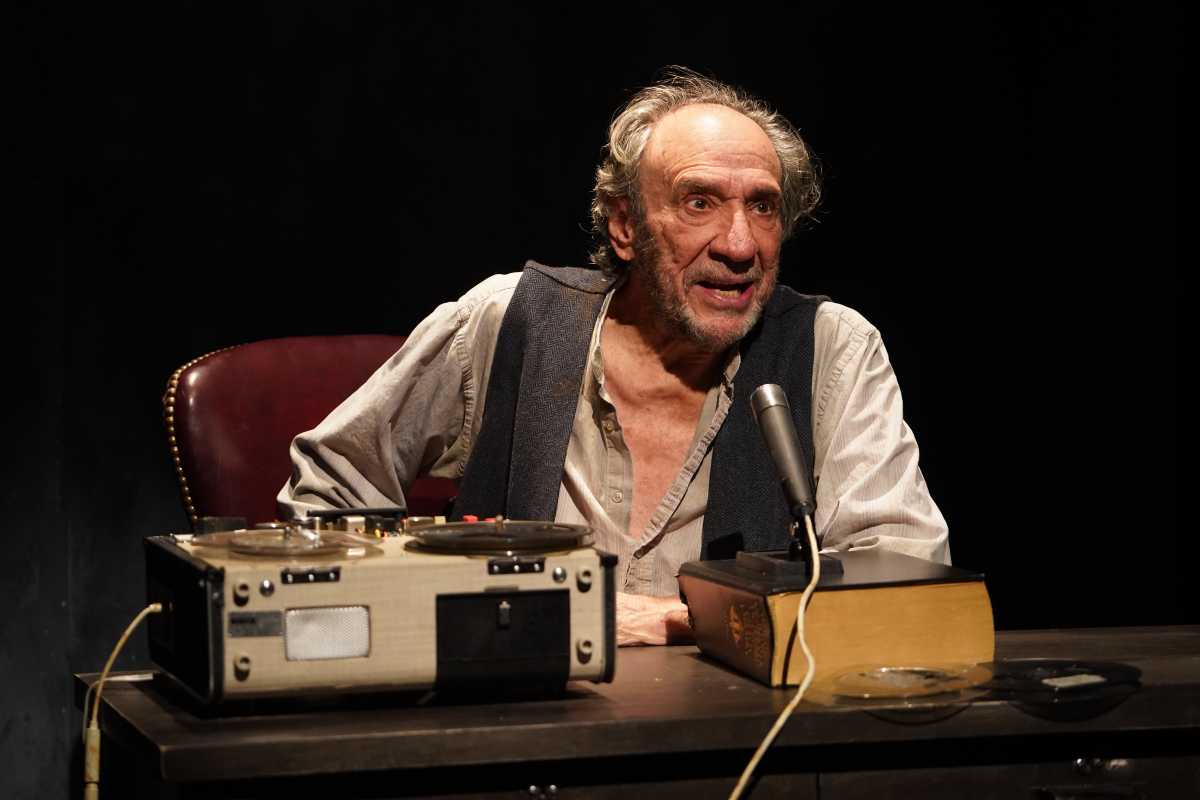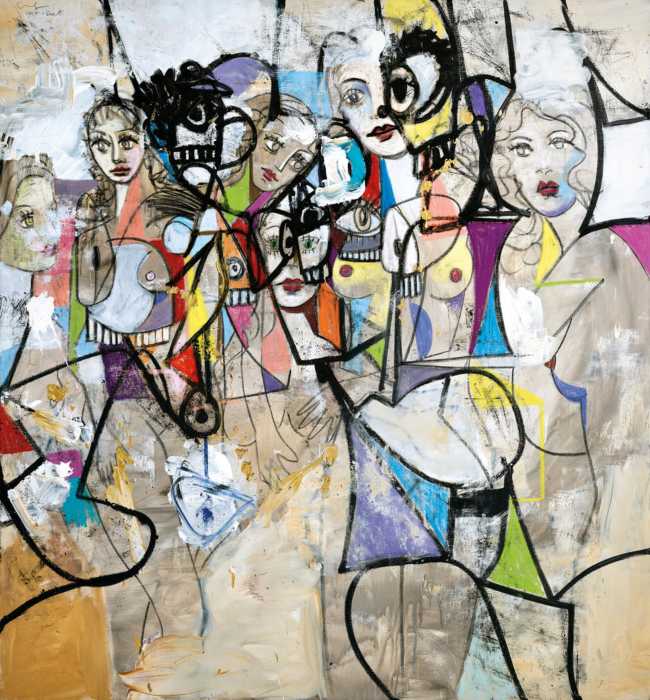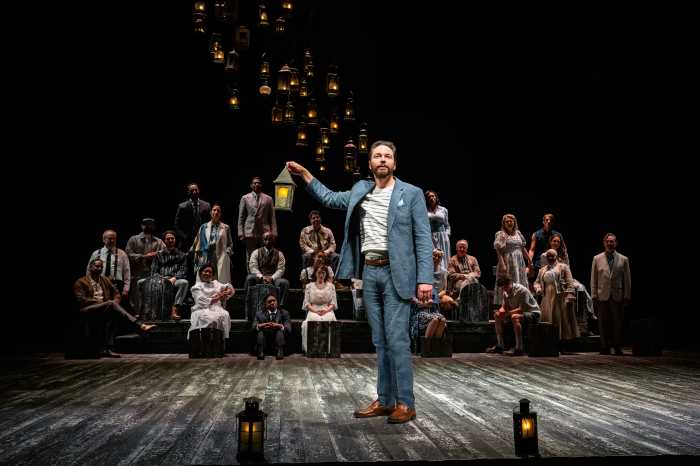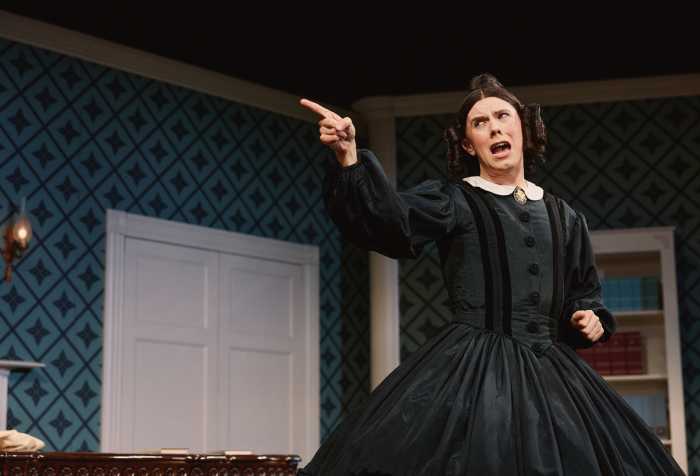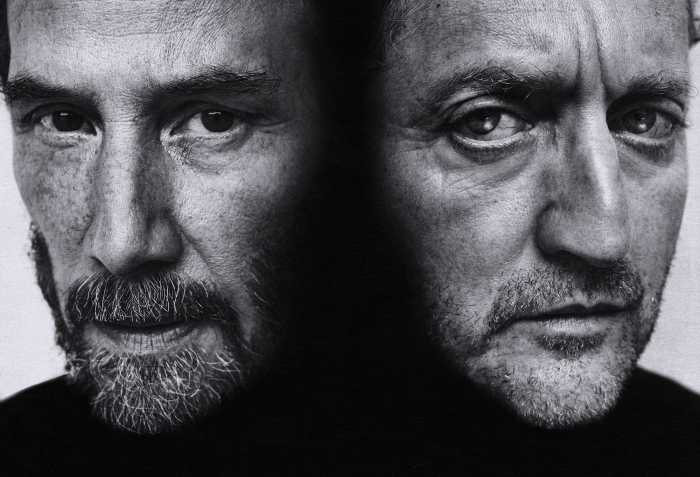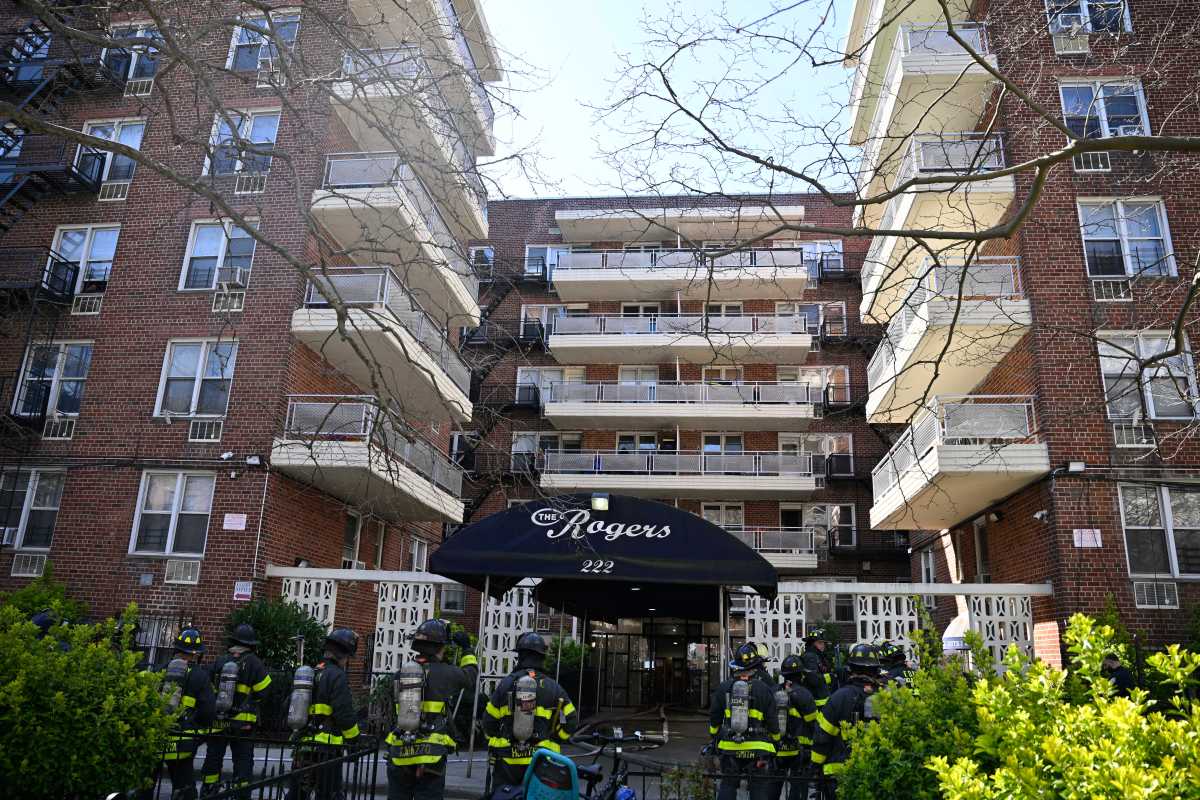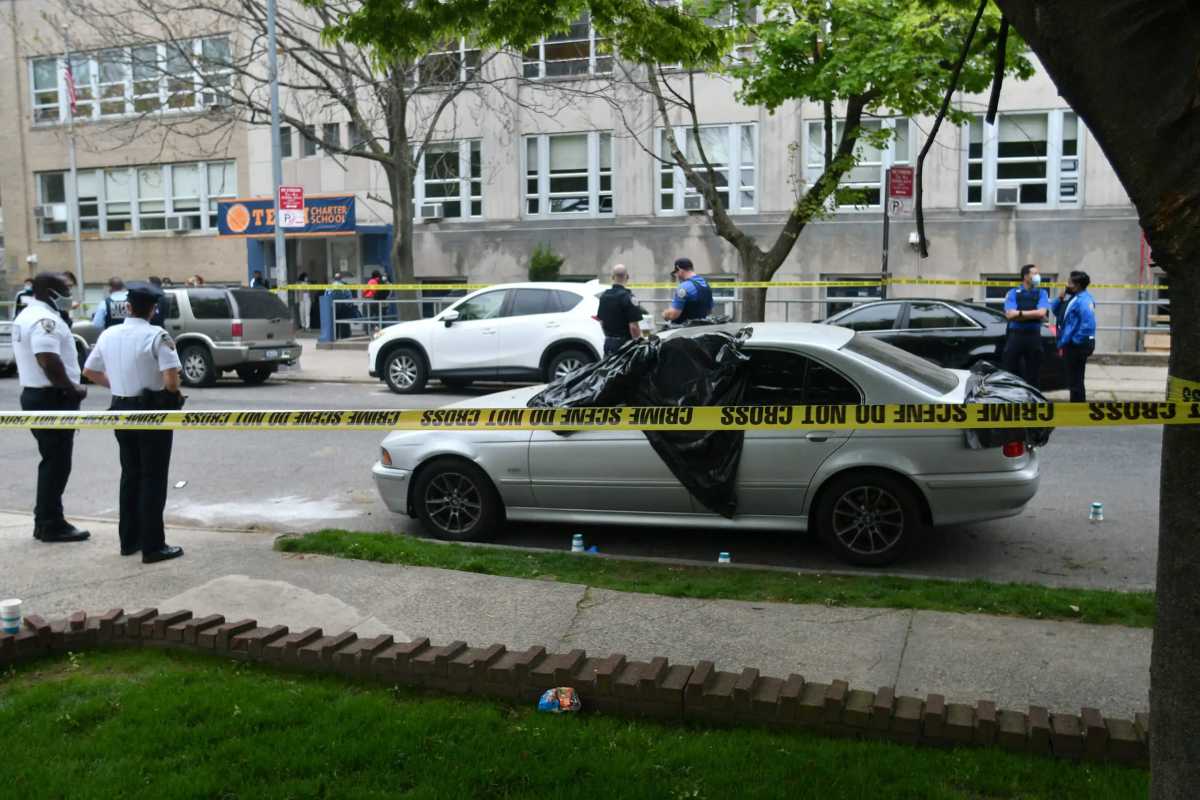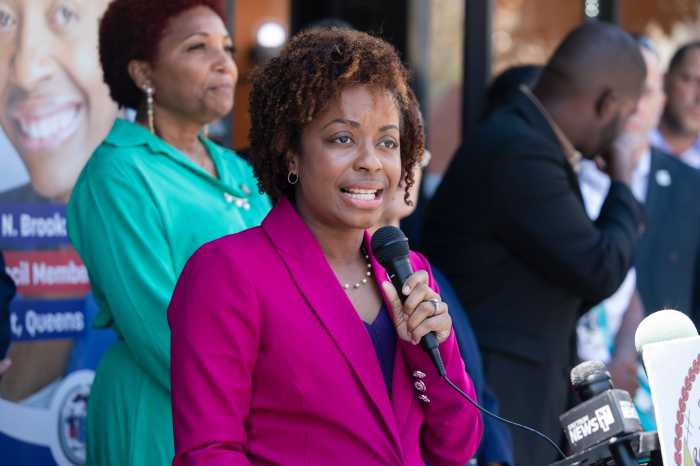The minority of serious theatergoers who understand, and perhaps even enjoy, the cryptic, absurdist works of playwright Samuel Beckett will surely appreciate “Beckett Briefs,” an expert presentation of three rarely-seen one-act plays by Beckett at Off-Broadway’s Irish Repertory Theatre.
But what about those who admire Beckett’s visual metaphors and existentialist philosophy yet often feel frustrated and bored by the monotony of apocalyptic dramas like “Happy Days” or “Endgame”?
The only professional production of a Beckett play I have ever enjoyed was the extraordinary 2009 Broadway production of “Waiting for Godot” with Nathan Lane, Bill Irwin, and John Goodman. (“Waiting for Godot” will return to Broadway in the fall with the “Bill and Ted” duo of Keanu Reeves and Alex Winter.)
Nevertheless, I keep attending Beckett plays, hoping to finally “get it.” Am I not like Didi and Gogo, the tramps in Beckett’s “Waiting for Godot”? Just as they wait endlessly for Godot, I wait—probably also in vain—for Beckett to make sense.
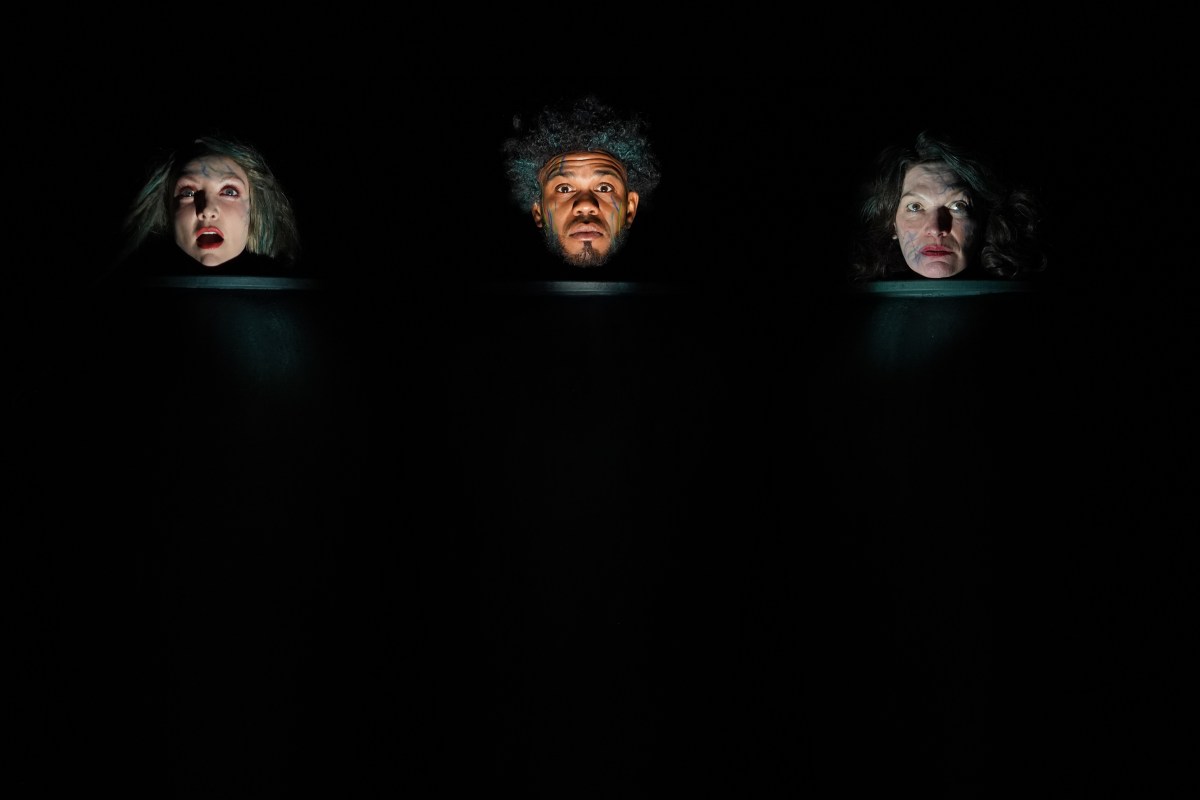
While the pieces in “Beckett Briefs” are as cryptic as the playwright’s best-known plays, their brevity and variety make the production relatively user-friendly. I’d sooner take three different Beckett one-acts, lasting 75 minutes in total, over the two-hour, rambling monologue in “Happy Days” any day. The craftsmanship of Ciarán O’Reilly’s direction, emphasizing directness and texture, also makes a difference.
The program begins with “Not I,” a 10-minute monologue in which the mouth of a previously mute woman (Sarah Street) emerges from the darkness and describes being abandoned as a child, spending her life in solitude, and then inexplicably regaining the power of speech.
Compared with the 1973 film version with Billie Whitelaw, in which the mouth dominates the screen – similar to the opening sequence of “The Rocky Horror Picture Show” – Street’s mouth is not enlarged. It also seems to glide slowly across the top of the stage, not unlike the bouncing ball screensaver from early Microsoft Windows computers. Although Street maintains the relentless pace of the monologue, her rendition is more sensitive and searching than Whitelaw’s raw cry of pain.
Next up is “Play,” a strange comedy in the style of “Rashomon,” in which three heads (Roger Dominic Casey, Kate Forbes, and Street) emerge atop giant funeral urns and take turns recounting how the man cheated on his wife with the other woman, with each providing their point of view when the light shines upon him or her. Beckett seems to be depicting a kind of eternal purgatory.
The main event of “Beckett Briefs” is “Krapp’s Last Tape,” a 45-minute drama in which a disheveled old man (Oscar winner F. Murray Abraham) marks his birthday in solitude by eating bananas, listening to audio diary recordings from his younger days and attempting to make new entries. Abraham gives a poignant performance in the style of a sad clown, radiating regret and bewilderment.
Irish Repertory Theatre, 132 W. 22nd St., irishrep.org. Through March 9.
Read More: https://www.amny.com/entertainment/theater/



